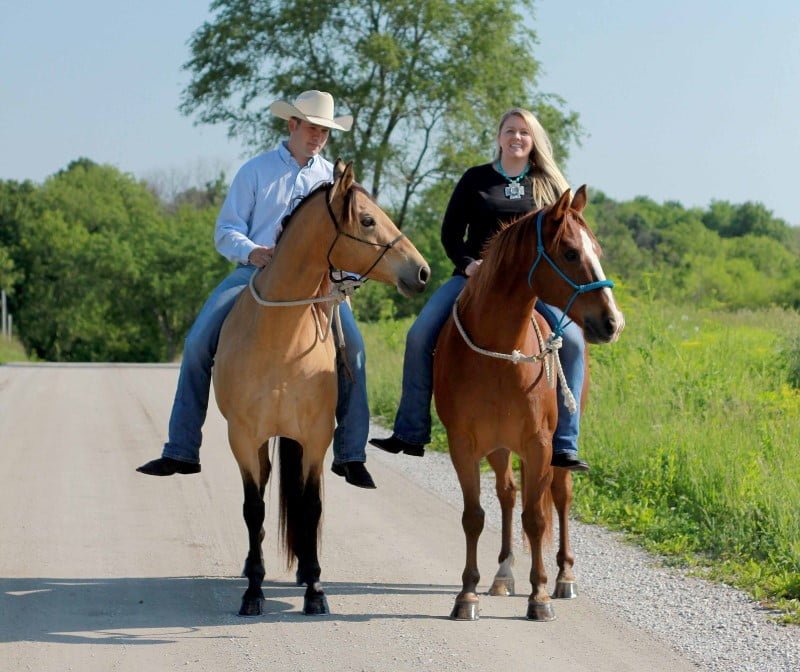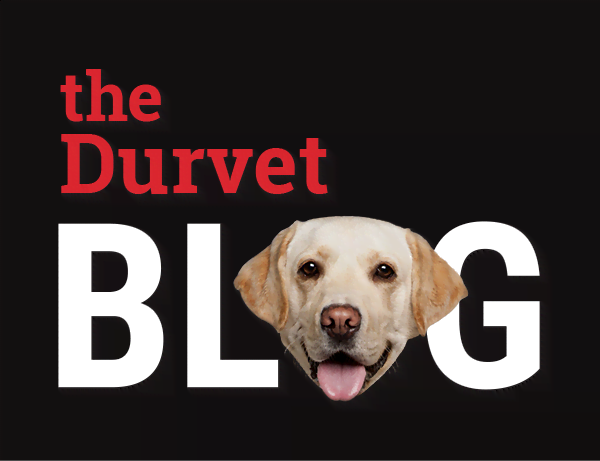
Many horse owners hold their equine health strategies close to the vest, but they’re not inclined to gamble with the well-being of their animals.
While three-quarters of them assume full responsibility for delivery of overall equine health, nutrition, treatment and disease prevention, many are looking for veterinary involvement to assure overall quality, efficacy and safety in the treatment they administer and the products they use.
Almost 85 percent of participants in American Horse Publication’s (AHP) 2015 Horse Ownership Survey (released in 2016) discuss vaccine schedules and protocols with veterinarians. About half of them seek their advice for deworming programs.
With increasing incidence of West Nile virus, Western and Eastern equine encephalomyelitis, equine herpes virus and equine influenza – as changing weather patterns encourage mosquito breeding over expanding regions – veterinarians will continue to exert a stronger influence over vaccination programs.
But you can still expect a good piece of the action in the vaccine market because the cost savings horse owners enjoy buying vaccines from dealers rather than veterinary clinics is significant.
“Assuming that the product is good, has been properly stored and properly administered, there’s really no reason why a horse owner can’t give his or her own vaccinations,” notes David Ramey, DVM, a Los Angeles-based equine veterinarian. “The vaccine doesn’t know whose thumb is at the end of the syringe.”
Inventory “Have-to-Haves”
Horse owners are not fixated alone on vaccines and vaccination programs. They’re also consumed with providing thorough preventive and well-horse care.
They look to you for a comprehensive supply of equine products that includes feed; supplements for digestive, joint and hoof health; dewormers; and grooming products, accessories and equipment. Fly and pest control products are also a necessity for equine owners.
 According to AHP’s 2012 Horse Ownership Survey, equine enthusiasts prefer to receive equine nutrition and supplement information through “face-to-face” interaction.
According to AHP’s 2012 Horse Ownership Survey, equine enthusiasts prefer to receive equine nutrition and supplement information through “face-to-face” interaction.
Since most of them purchase these products at locally-owned dealer feed stores – says the survey – that makes you their trusted source. But it’s not just a preference for your products, services and interaction.
It’s an economic necessity. If horse owners called for professional help each time they detected a problem, they would double or triple the cost of an already expensive commitment.
Profile of An Opportunity
Several ongoing trends in horse owner healthcare offer opportunities for you to build your business by serving, supplying and advising a group whom Packaged Facts describes as the companion animal market’s most dedicated consumers.
VACCINATION
The majority (58 to 72 percent) of horse owners vaccinate once a year, but 20 percent immunize their animals twice annually.
Half of all horse owners administer some vaccine protocols themselves; 23 percent administer all of them, according to the American Association of Equine Practitioners (AAEP). That represents significant inventory requirement for vaccines to immunize the horse population
Local dealers and stores are recording sales increases as horse owners get more involved in immunizing their animals.
DEWORMING
Horse owners are relying more on veterinarian-recommended deworming approaches, schedules, and fecal egg counts. Veterinarians develop deworming programs for half of the horse owner population. But most horse owners (88.6 percent) administer deworming procedures themselves.
Despite recommendations from the American Association of Equine Practitioners (AAEP) to conduct fecal exams and design deworming protocols based on results, most horse owners use rotational deworming schedule – which suggests dealers should carry a complete inventory of deworming products, such as Durvet’s HORSE to FOAL 2X with fenbendazole, Pyrantel Paste, Equimax and/or Ivermectin Paste.
You can learn more at Durvet's www.AppleWormer.com about rotational programs, parasites, and deworming products, plus you can download a Buy 5, Get 1 FREE!
From ProfitBuilder Summer ‘17 Vol 16 / Issue 2

 BACK TO MAIN BLOG
BACK TO MAIN BLOG 
Comment